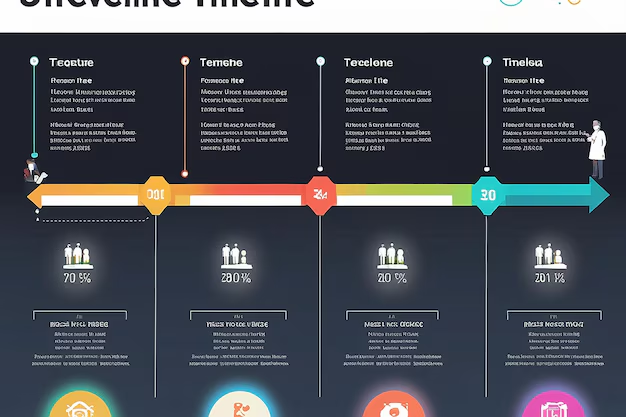How Long Does It Take to Become a Veterinary Assistant?
Embarking on a career as a veterinary assistant is a rewarding path for animal lovers seeking a blend of hands-on work and the opportunity to support veterinary professionals. Typically, entering this field does not require a college degree; instead, aspirants often jumpstart their careers by completing a training program that lasts anywhere from several weeks to a year. These programs, offered by community colleges and vocational schools, provide a robust education in animal care basics, medical terminology, and clinical practices, preparing candidates for real-world veterinary settings. Though not always mandatory, obtaining certification such as the Approved Veterinary Assistant (AVA) credential from the National Association of Veterinary Technicians in America (NAVTA) is highly recommended. This certification can make candidates more competitive and confident in their skills while emphasizing their commitment to professional development.
Investing time in gaining formal training or certification can significantly enhance your career trajectory, opening doors to more advanced roles within veterinary medicine. Educational programs equip candidates with valuable knowledge and practical skills critical to success in animal healthcare environments. Moreover, certified veterinary assistants are often preferred by employers, reflecting a commitment to high standards of animal care and welfare. If you are considering this fulfilling vocation, exploring educational options could be your first step towards a significant and rewarding career journey.
Pathways to Becoming a Veterinary Assistant:
-
📜 High School Diploma/GED: Basic requirement.
-
🎓 Veterinary Assistant Certificate Programs: Programs usually range from a few months to one year.
-
✅ Approved Veterinary Assistant (AVA) Certification: Offered by NAVTA to enhance credentials.
-
📘 On-the-Job Training: Practical exposure in a clinical environment to gain real-world experience.
-
🏫 Continuing Education: Optional courses to enhance skills and stay updated within the field.
